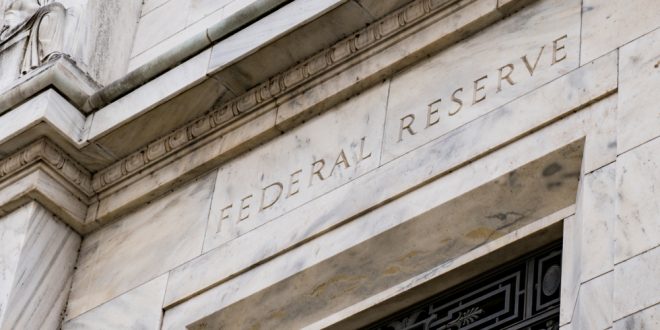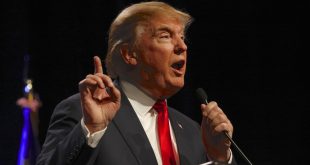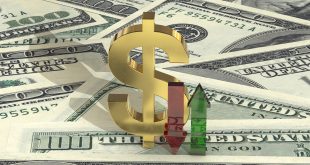At the FOMC meeting on July 28, the question about monetary policy was posed very straightforwardly; Is the US economy, especially the labor market, improving fast enough to begin discussing QE tapering?
Looking at the Fed members’ statements since the last meeting of FOMC, we see that it tends to QE tapering and pave the way for a shift in monetary policy.
The following sentence had been added to the Federal Open Market Committee (FOMC) statement. ” Since then, the economy has made progress toward these goals, and the Committee will continue to assess progress in coming meetings.”
By the time Fed Chair Jerome Powell had finished his press conference, hopes of tapering faded, and to answer that question, we must take a look at the economic data since the last Fed meeting:
Since the FOMC meeting on July 27-28, the labor market has continued to improve. NFP added 943,000 jobs in July, double the pace of April and May, in addition to the unemployment rate dropping 5.4% in July from 5.8% in June and the partial unemployment rate falling 9.2% of 10%. All of those figures came in better than market expectations.
As for initial jobless claims, it continued to drop from 400,000, and Retail Sales were far worse than projected, falling 1.1% vs. a -0.3% forecast.
If the Federal Reserve’s meeting minutes indicate that the majority of the committee members believe that they should start QE tapering, we will see US stocks continue to fall with the rise of the US dollar. We expect the Euro, Sterling, and commodity currencies to remain under pressure, primarily since the US dollar is currently supported by a number of factors that support its bullish trend. In addition, it may consider as a factor that puts pressure on the US Treasury yields with reference to higher interest rates and higher borrowing costs.
Going back in time to 2013, we saw a bad reaction from the market to the announcement of QE tapering, but the response will definitely be different this time due to many factors like that the market survived the post-subprime QE tapering and Fed officials were paving the way for investors for QE tapering, noting that the fact that interest rates will remain near zero until at least 2023 provides a boost to investors.
 Noor Trends News, Technical Analysis, Educational Tools and Recommendations
Noor Trends News, Technical Analysis, Educational Tools and Recommendations





